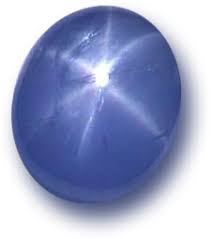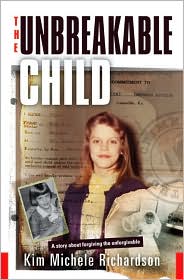
Some time ago, I read a heroic fantasy story submitted for critiques where the characters said “okay” and “hi”. That shattered the suspension of disbelief. It’s difficult to imagine Conan the Barbarian greeting Red Sonja with “Hi!” or even “Hello!”
Different fantasies, different thresholds
Heroic and traditional fantasies require the most care in this regard. Some writers of historicals are careful to reproduce past styles of speech, address and narrative, which contributes to the realism of the stories, but in Matthew Woodring Stover’s Jericho Moon, the protagonists tangle with Joshua ben Nun and the Habiru tribes while telling each other to “Cheer up” and “be a sport”. The book is still an enjoyable read, but the writer’s style tends to be breezy and amusing, and the casual modern language fits in with that.
Types of anachronisms
Some anachronistic language slips under the readers’ radar. The moles in William Horwood’s Duncton Chronicles say “Hello” to each other, but “Hello” is such a common word now (one of its earliest uses was in the New York Tribune in 1843) that the context has to be really alien for it to stand out.
The characters’ educational level also makes a difference. I once read a fantasy where mercenaries used terms like “administrative” and “ratio”, and that stood out jarringly. Writers could still pull this off, though. If characters are educated to the point where they normally use such words – such as those in Kara Dalkey’s Goa, who pepper their conversation with words like “profligacy”, “efficacious” and “labyrinthine” – this will seem more normal.
Some readers, however, do look up words to check how historically accurate they are, or are aware in advance of when a word is used inappropriately. A review of a historical romance pointed out that the heroine could not sit “ramrod straight” when ramrods were developed for use with early firearms, and those hadn’t been invented yet.
Alternatives to anachronisms
In a discussion on whether or not to use such terms, another writer pointed out that it might sometimes be less intrusive to use a simple “hello” than to invent some term that would stand out, especially if such a term doesn’t fit in with the rest of the story. If characters use modern-day speech except for greeting each other with, “Fair morning and fine noon”, that’s going to call attention to itself, and probably not in a good way.
A good example of a term being adapted to fit with the timeline of a story occurs in Orson Scott Card’s Ender’s Game, where the children greet each other with “Ho” rather than “Hi”. The term struck me as a bit odd the first time I read it, but it was so small a change that it was easy to get used to, and after a while it seemed normal in the context of the story.
Languages do change and evolve, and that was more subtle than Susanna Clarke’s Jonathan Strange and Mr Norrell. After making my way through “surprizes”, “sophas” and “connexions”, I think I got a “headach”. A little of that kind of authenticity goes a long way, and for me, a story also needs to balance faithfulness to its time period with ease of readability.














